Calcium is essential for the strength of bones in the growing children. Calcium plays an important role in building the bone mass for growing children and teens. It guards your child against osteoporosis and fractures. Deficiency of calcium in your children may cause long term muscle aches and pains in your child
Studies suggest that 99% of calcium is found in the teeth and bones. Children between the age of 1-3 years require 700mg of calcium per day.
This article discusses the importance of calcium for kids. It presents the calcium rich foods for children.
What is Calcium?
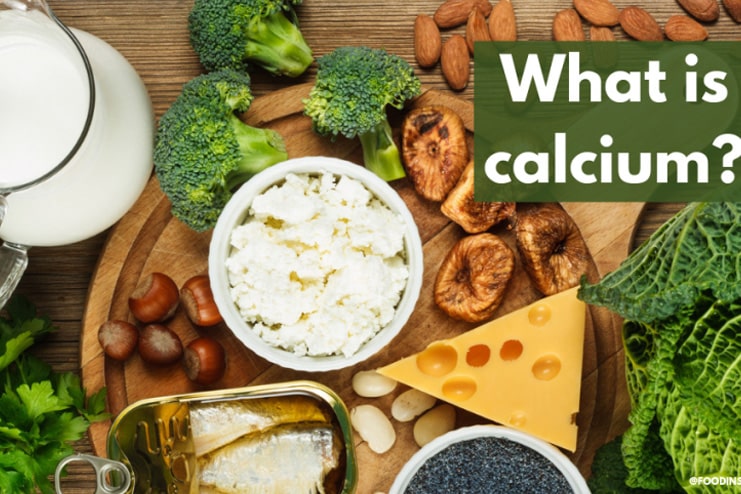
Calcium is derived from the Latin word which means lime. It is found in the human body as calcium ions. Calcium is the most important nutrient that all the living organisms require including human beings.
Babies get enough calcium from the breastmilk and formula milk during the first year of their life.
Below are the calcium requirements for the children and infants:
• Babies 0-6 months require 200 mg of calcium
• Infants between 7-12 months require 260 mg of calcium
• Children between 1-3 years require 700 mg of calcium
Benefits of Calcium for babies:

Here are a few benefits that the calcium offers your child:
1. Promotes Bone Health:
It is essential for the proper functioning of the body and the ability to think. It is utilized by the both cardiovascular system and the nervous system. It plays a vital role for blood clotting. Calcium protects the child’s teeth from the tooth decay in the later life.
As the children grow calcium plays an important role in the development of their bone. Once the growth is stopped calcium helps to maintain the bones and preserve the bone density loss.
2. Muscle Contractions:
It regulates muscle contractions. The calcium is released by the body when the nerve stimulates the muscles. Calcium enhances the muscle contractions by helping the proteins in the muscles.
The muscles will undergo relaxation when the calcium is pumped out of them.
3. Cardiovascular System:
Calcium simplifies the process of clotting which is a complex process. Clotting involves a wide range of chemicals including calcium. It maintains the proper functioning of heart muscles and helps to maintain the normal heart beat.
Vitamin D plays a prominent role in the bone health.
4. Other Roles:
Enzymes do not work properly without calcium. Enough consumption of calcium results in :
• Lowers the risk of high blood pressure during pregnancy.
• Lowers the blood pressure in the kids whose mothers have consumed enough amounts of calcium during the pregnancy.
• Maintains the cholesterol levels
Symptoms of Calcium Deficiency in children:
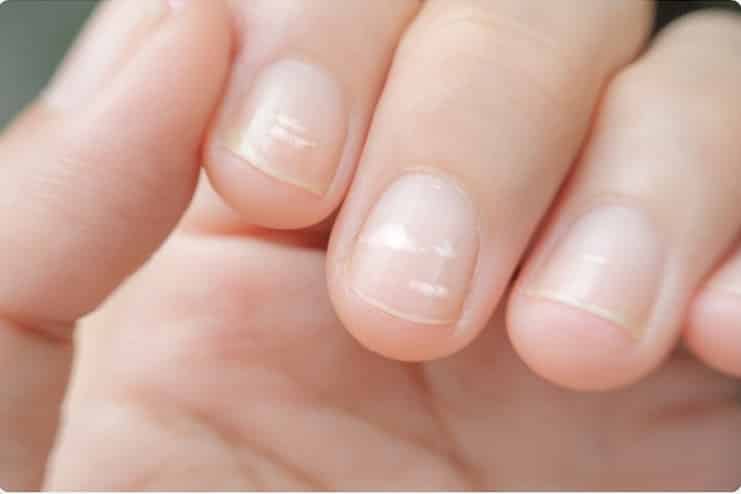
Let us see what happens if the child does not get enough amounts of calcium:
1) Muscle Problems:
The earliest signs of calcium deficiency are cramps, aches, and muscle spasms. Some kids experience the pain in the arms and thighs while walking. Some others might experience the numbness in the muscles, hands, legs, feet, and around the mouth.
2) Fatigue:
Low calcium levels in the blood may lead to Insomnia, sleepiness, and extreme fatigue. Kids may experience the feeling of lack of energy which may make them away from the social activities.
3) Skin Allergies:
People with extremely low levels of calcium might experience skin and nail related infections. You may notice the dry and itchy skin in your child. Deficiency of calcium is associated with the eczema and psoriasis. These symptoms are associated with the symptoms of redness, itchiness, and skin blisters. Dry, broken, and brittle nails are also the symptoms of calcium deficiency.
4) Oesteoporosis & Oesteopenia:
These two symptoms are associated with the deficiency of calcium. Oesteopenia is a condition where the bone density decreases and it leads to osteoporosis. The one who are affected by osteoporosis have thinner bones and they are more vulnerable to bone fractures. This condition is associated with pain, posture problems, and may lead to disability in certain cases.
5) Dental Problems:
Calcium is required to keep the bones and teeth healthy. If you have lack of calcium levels, your body may start pulling the calcium from the internal sources such as teeth. Weak roots, brittle teeth, irritated gums, and tooth decay are the result of lack of calcium in the teeth. Calcium deficiency may lead to delay of the teeth formation in the infants which may lead to severe conditions in the future.
6) Painful Premenstrual Syndrome:
It is a condition that represents the combination of symptoms that women experience few days before their periods. Low calcium levels are directly linked to premenstrual syndrome in the women.
7) Depression:
Several psychological conditions like mood disorders including depression are associated with the low levels of calcium.
8) Weak and brittle nails:
Nails can speak more about the health of your baby. Brittle and chipped nails are the common signs of calcium deficiency. Nail do not tend to grow properly in the kids with lack of calcium.
9) Insomnia:
Calcium releases the hormone called melatonin that is responsible for the sound sleep. The kids with the calcium deficiency may not be able to release this hormone and may remain restless all throughout the night. Kids with lack of night sleep show the reluctance to take an active part in all other activities.
10) Other problems:
The above listed are the common symptoms due to calcium deficiency. There are few other symptoms that are unexpected:
• Chest pain
• Difficulty in breathing
• Wheezing
• Seizures
• Chronic itching
• cataracts
Best Calcium Rich Foods for Children:
Make sure to feed your toddler the foods that are rich in calcium which are age appropriate. Here are a few foods that are rich in calcium:
1. Dairy products:
Dairy products are one of the best calcium rich foods for kids. Cow milk, yogurt, and cheese are the excellent source of calcium. You can also feed your baby yogurt and cheese if they do not like milk. Ensure that your child should have atleast one serving of diary product in their diet.
2. Tofu:
It is also known as the bean curd. It is the food that is obtained from the coagulation of the soy milk. It contains as much as 350 grams of calcium. This is more beneficial for the kids who eat vegetarian food.
Unlike many other animal based protein sources, it offers high levels of proteins without fat and cholesterol.
3. Soy Milk:
This is the best Calcium Rich Food For Babies With Milk Allergy. Soymilk without any added calcium contains about 10 mg of calcium per cup which is more difficult for the body to absorb. Calcium fortified soy milk and other soy products have calcium levels more than that of cow’s milk. Use the soy products just like the diary products.
4. Almonds:
Almonds are known to enhance the brain power and memory. But they are also the rich source of calcium. 1/3 cup of almonds are known to contain about 110 mg of calcium.
Almonds can be given in the form of the butter as per the age. Soak the almonds in the water overnight and give them to your child after peeling.
5. Orange:
This is the best calcium rich food for the babies with milk allergy. Orange helps in boosting the immunity system and one medium sized orange serves about 60 mg of calcium. They are tasty and nutritious foods.
They are also rich source of vitamin C, minerals, and antioxidants. They help in lowering the risk of heart disease and kidney failure.
6. Papaya:
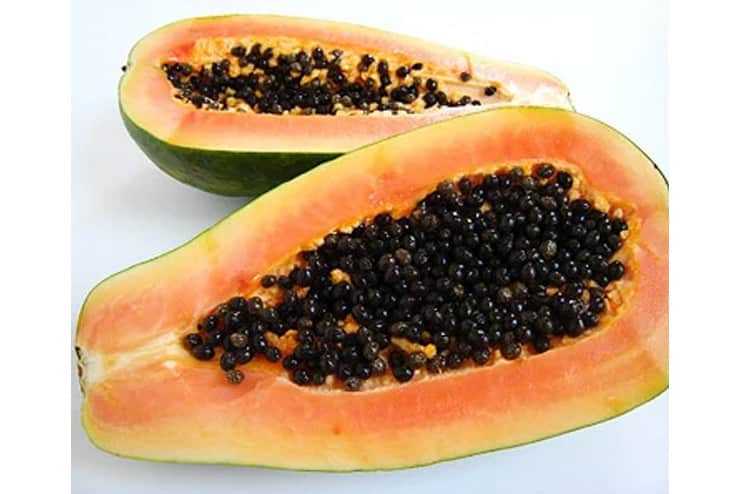
This is one of the best calcium rich foods for toddlers. Papaya is the delicious fruit and contains about 20 mg of calcium per 100 grams serving. It can be best every healthy fruit for the entire family. It is best to introduce papaya for the babies once the solid foods are offered and they are able to digest them properly.
Papaya can be offered to the babies in the pureed form. The rich fibre levels of the papaya can ensure the consistent bowel movements in the baby.
7. Broccoli:
It is an excellent meal option which is packed with the loads of calcium. Some kids do not like to eat the broccoli. One thing that you can do is to include the broccoli in the kid’s friendly snacks like Broccoli cheese bites, and broccoli crust pizza etc.
8. Cereals:
Cereals are the great way of adding the calcium rich foods to your child’s diet. Whole wheat, and brown rice come under this category which are the great source of calcium.
You can make this more interesting by adding the cereals in the Cereal bars, or cookies.
9. Green Peas:
They are the rich source of both calcium and potassium which help in reducing the loss of bone density.
Soak the handful of green peas overnight and boil them in the morning. Give it to your child by adding pinch of salt or any other spices. You can also add the green peas to the mashed potato or vegetable soup.
10. Beans:
Beans are the good source of nutrients for your little one. You can offer the beans in the vegetable form or any other interesting recipe like cheesy bean or black bean with rice.
Beans help in lowering the blood pressure and reduce the risk of heart disease.
11. Fish and Meat:
Fishes such as Tuna and salmon are the great source of calcium. Meat such as beef is a great source of calcium.
Fish and meat can be included in your child’s diet in many ways including wraps, bites, and pasta.
12. Sesame seeds:
Sesame seeds are rich in calcium and it is good idea to include them your child’s diet. Sesame seeds can be added in salads, pastas, and soups.
They are also great source of fiber. They help in lowering the blood pressure and support the bone health. They aid the process of blood cell formation.
13. Green Vegetables:
Green vegetables and potatoes are the rich source of calcium. They provide your kid fiber and other nutrients.
Vegetables such as Kale and collard ensure the strong teeth and bones. They reduces the risk of obesity, heart disease, and high blood pressure.
14. Lentils:
Lentils including chick peas, kidney beans, and soya beans are the rich source of calcium.
Brown, green, yellow, red or black lentils are packed with low calories, rich iron and folate. Because of its health promoting polyphenols they protects you from the risk of many heart diseases.
15. Eggs:
Eggs are one of the best foods that you can introduce to your baby at the age of 1 year. They are rich in calcium and helps to build the strong bones and teeth.
Some babies may develop certain kind of allergies towards eggs so it is better to check with your pediatrician before giving egg to the baby.
16. Figs:
Dried figs are the great source of calcium than other dried fruits. They are also the great source of potassium and vitamin K.
One ounce of dried fig may contribute to 3 grams of fiber. They reduce the constipation and make you to feel full for more time. They help in protecting your kid from the risk of osteoporosis and other health issues.
17. Waffles:
Fortified frozen waffles are the rich source of calcium. Not all the frozen waffles contain calcium ensure to read the label carefully.
You can top the waffles with low or non-fat yogurt, jam or fresh sliced fruits.
Calcium rich recipes for kids:
Here are a few lip smacking calcium rich foods that kids love all the time.
1) Creamy Broccoli Soup:
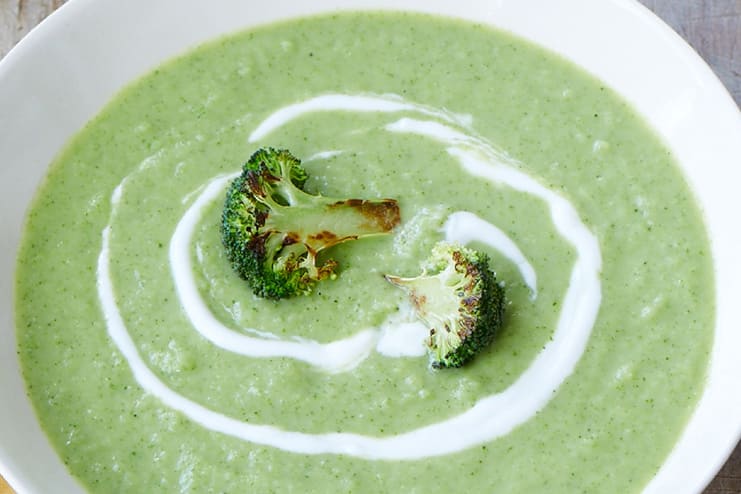
This is the easy way to make broccoli more interesting for the kids.
Ingredients:
2 teaspoon extra virgin olive oil
½ cup chopped onion
2 cups of grated broccoli
1 teaspoon garlic powder
¼ teaspoon of black pepper and onion powder each
1/3 teaspoon of ground cumin
½ teaspoon coriander powder
¼ teaspoon cayenne
2 tablespoons of nutritional yeast
¾ teaspoon of salt
3 tablespoons of chopped fresh basil
¼ cup of soaked cashews
2 cups of non diary milk
How to make:
1. Heat the oil in a saucepan over the medium flame and add the onions to it. Allow them to boil till they turn translucent.
2. Add the shredded broccoli and the other spices. Stir them well and allow to cook for about 1 minute. Mix the nutritional yeast and the salt.
3. Take a bowl and blend the cashews together with the basil and the non dairy milk. Add the entire mixture to the saucepan along with the any left over non diary milk.
4. Bring it to bowl for about 5 minutes and if it starts to thicken too much then add some water.
5. Taste it and adjust the salt as per your requirement.
2) Chocolate peanut butter milkshake:
This is the best recipe to go if you kids are in love with the peanut butter and chocolate.
Ingredients:
1 ½ cup chocolate ice cream
½ cup peanut butter
2 cups chilled milk
How to make:
Bring all the ingredients to mixer and blend them till smooth
Refrigerate for about 30 minutes if required and serve this lip smacking healthy recipe with almond toppings.
3) Salad with kidney beans:
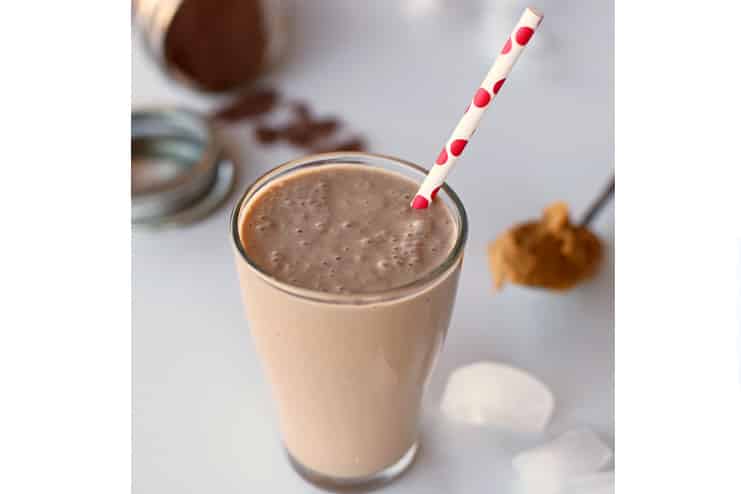
100 grams of the kidney beans serve about 143 mg of calcium. This can be an interesting and healthy evening snack for the kids
Ingredients:
Kidney beans soaked overnight
Onion slices
Pepper powder
Lime juice
How to make:
1. Put the kidney beans in the pressure cooker with the water covering the beans. Allow them to boil for 5 whistles. Allow them for about half an hour if you choose to cook separately.
2. Garnish it with the onion slices, pepper powder and some lime juice. Serve it to your little one.
How Much Calcium Does Child Need Per Day?
We require calcium at each and every stage of the life. Kids require more amounts of calcium as they grow to meet their growth requirements.
Calcium for babies:
Babies get the enough amounts of calcium from the breast milk or formula milk. Cow’s milk is not recommended for the babies below 1 year as it may induce several other allergic reactions.
Babies younger than 6 months old require 200 mg of calcium per day.
Babies between 6 to 11 months old require 260 mg of calcium per day.
Calcium for kids and teens:
• Kids from 1 to 3 years require 700 mg of calcium per day
• Kids from 4 to 8 years require 1000mg of calcium per day
• Kids and teens from 9 to 13 years require 1300mg of calcium per day
In conclusion, calcium rich foods right from the childhood may benefits your child in the adulthood. Children especially at the adolescence phase may require more amounts of calcium. Include these foods in your child’s diet from the beginning and secure them from several kinds of bone and teeth problems.









































